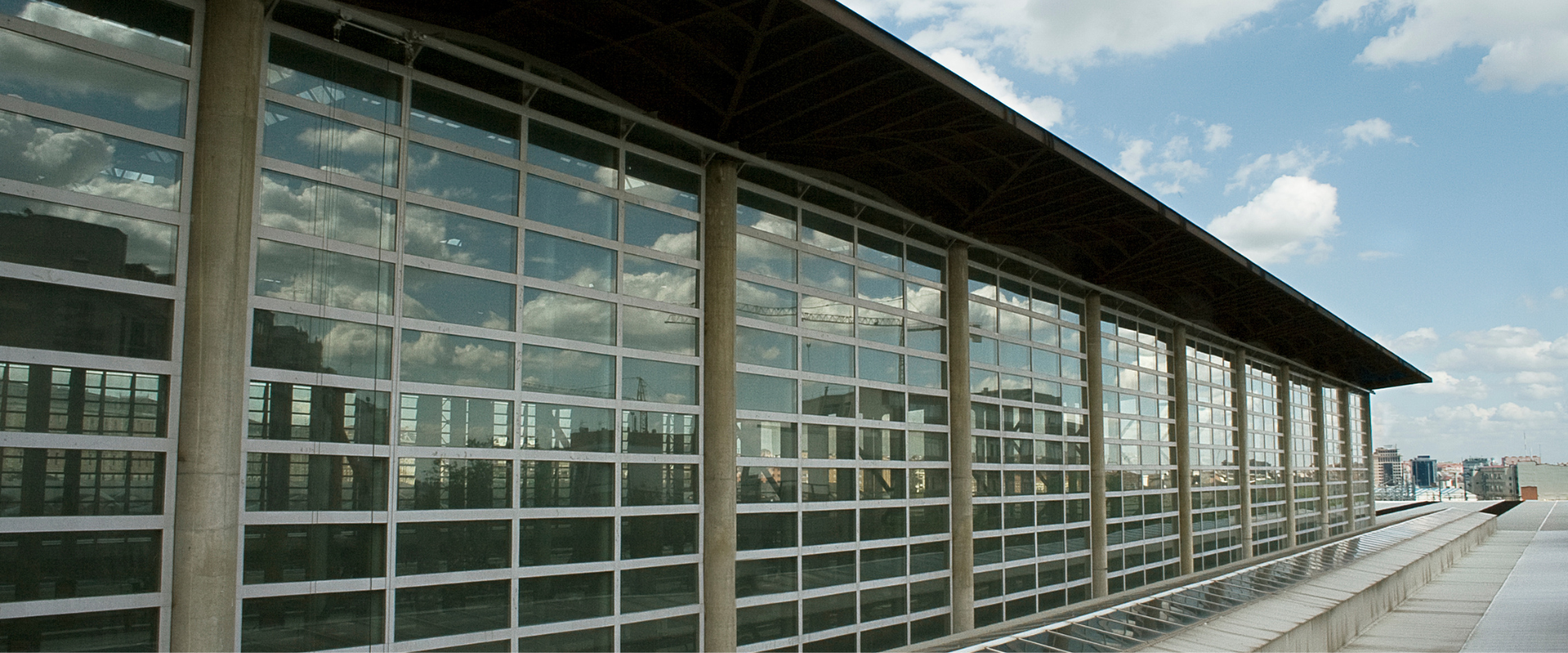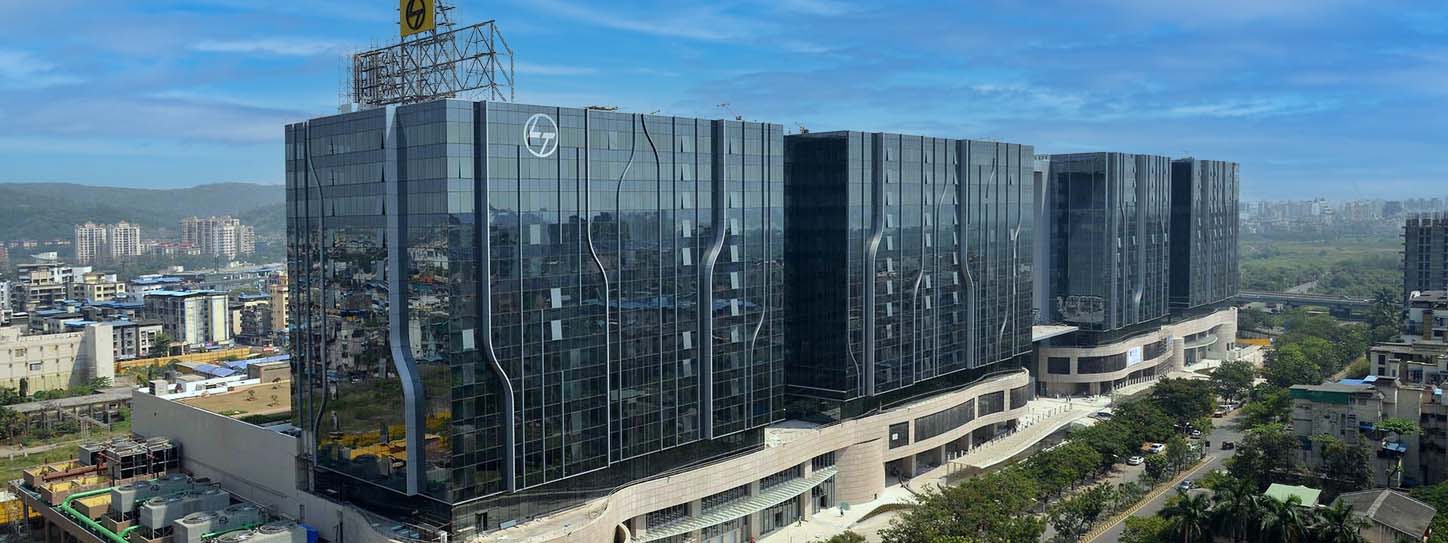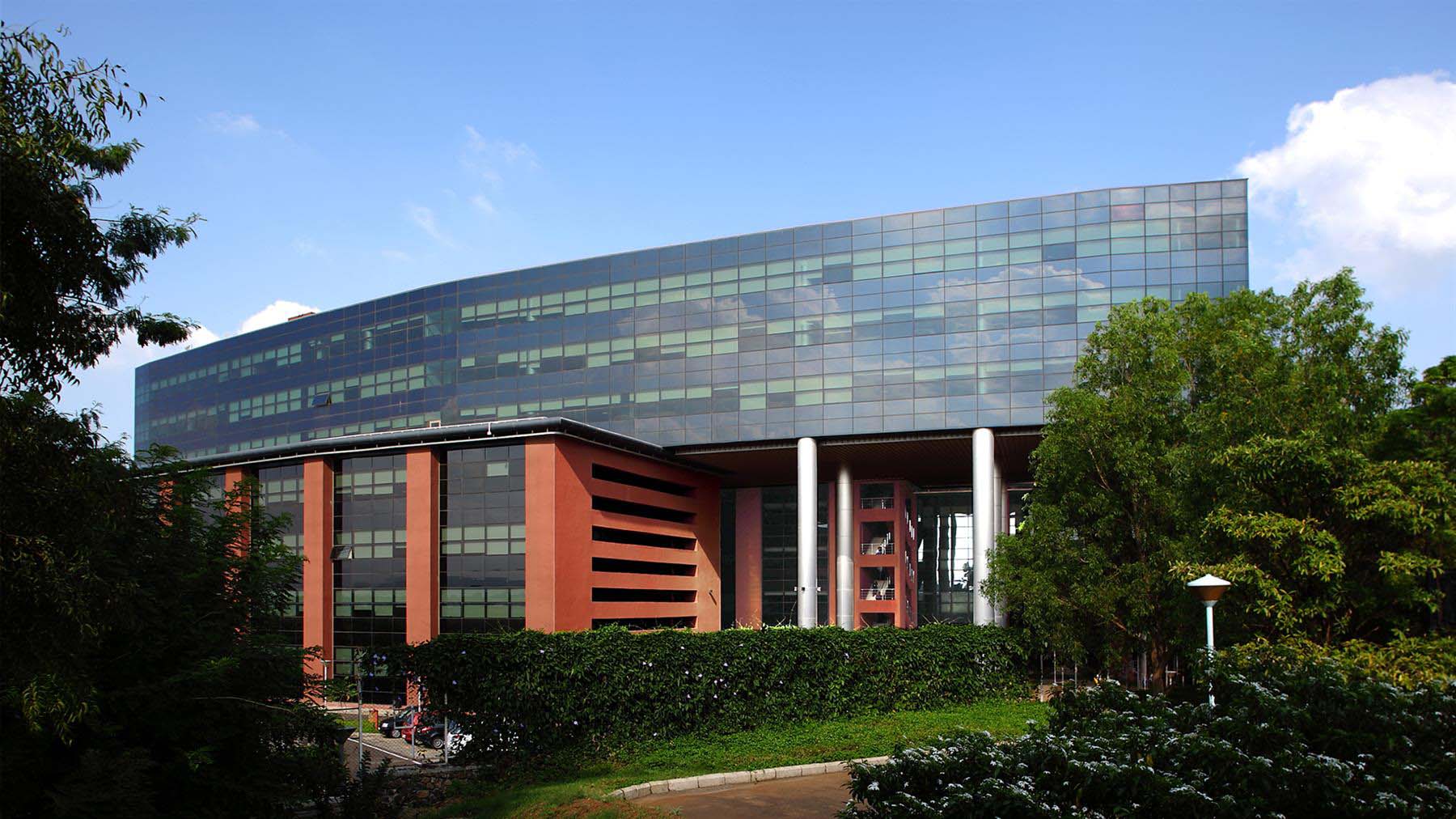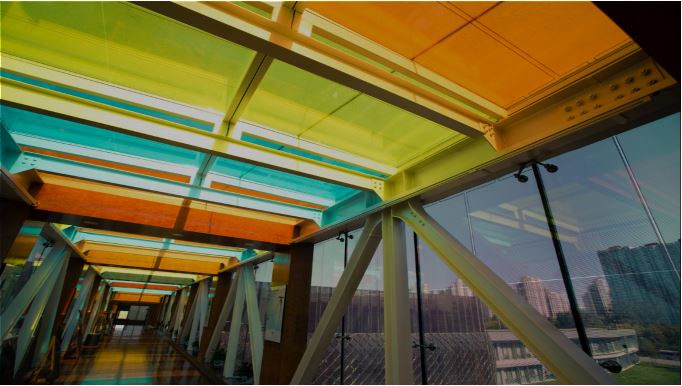Enhancing Protection with Safety and Security Glass: A Comprehensive Guide
Safety and security glass is a critical component in modern building design, offering protection against various hazards and threats. Whether it's safeguarding against accidental breakage, mitigating the risk of forced entry, or providing resistance to extreme weather conditions, safety and security glass plays a crucial role. In this blog, we will explore the different types of safety glasses, discuss essential certifications to consider, and provide valuable insights on how to choose the right safety and security glass for your specific needs.
Types of Safety Glasses:
Tempered Glass: Tempered glass is a type of safety glass that is treated with a controlled heating and rapid cooling process. This process creates internal stresses, making the glass stronger and more resistant to impact. When shattered, tempered glass breaks into small, less hazardous fragments, reducing the risk of injury.
Laminated Glass: Laminated glass consists of two or more glass layers bonded together with an interlayer, typically made of polyvinyl butyral (PVB) or ethylene-vinyl acetate (EVA). Laminated glass offers enhanced safety as it remains intact when shattered, reducing the risk of injury from flying glass fragments. It also provides improved resistance against forced entry, offering security benefits.
Wired Glass: Wired glass is a type of safety glass that has a wire mesh embedded within it. This mesh enhances the glass's strength and stability, preventing it from shattering easily. Wired glass is commonly used in fire-rated applications as it provides additional fire resistance.
Bullet-Resistant Glass: Bullet-resistant glass, also known as ballistic glass, is designed to withstand projectiles and offer protection against ballistic attacks. It is constructed using layers of glass and polycarbonate or other specialized materials. Bullet-resistant glass is commonly used in high-security facilities, banks, and government buildings.
Certifications to Consider:
When choosing safety and security glass, it is crucial to consider certifications that validate their performance. Here are some key certifications to look for:
ANSI Z97.1: The American National Standards Institute (ANSI) Z97.1 certification verifies that the glass meets specific safety requirements, including impact resistance. This certification is relevant for safety glass used in buildings.
EN 12600: The European standard EN 12600 certifies the impact resistance of flat glass, ensuring it meets specific performance levels for different classes of impact.
UL 752: Underwriters Laboratories (UL) UL 752 certification evaluates the bullet resistance of glass and other transparent materials. It classifies glass into different levels of protection based on its ability to withstand different bullet projectiles.
Choosing the Right Safety and Security Glass:
Consider the following factors when choosing safety and security glass:
Identify the Hazards: Assess the specific risks and hazards that the glass will be exposed to, such as impact, forced entry attempts, or extreme weather conditions.
Performance Requirements: Determine the desired level of safety and security based on the specific application. Consider factors such as impact resistance, fire resistance, bullet resistance, and forced entry resistance.
Compliance with Standards: Ensure that the glass meets relevant certifications, such as ANSI Z97.1, EN 12600, or UL 752, to guarantee its performance and safety attributes.
Consult with Experts: Seek guidance from glass professionals or suppliers experienced in safety and security glass. They can provide valuable insights and help you select the most suitable type of glass for your specific needs.
Customization Options: Consider any additional features you may require, such as sound insulation, UV protection, or decorative elements. Determine if customization options are available to meet your aesthetic and functional preferences.
Safety and security glass is a vital component in ensuring the protection ofbuildings and occupants against various risks and threats. Understanding the different types of safety glasses, such as tempered glass, laminated glass, wired glass, and bullet-resistant glass, allows you to choose the most appropriate option for your specific requirements. Additionally, considering certifications like ANSI Z97.1, EN 12600, and UL 752 helps validate the glass's performance and compliance with safety standards. By identifying the hazards, determining the desired performance requirements, seeking expert advice, and exploring customization options, you can make an informed decision when selecting the right safety and security glass to enhance the safety and security of your building.
FG Glass is the perfect partner for obtaining security and safety glass solutions. With their wide range of products, customization capabilities, compliance with standards, technical expertise, excellent customer support, and commitment to quality assurance, FG Glass stands out as a trusted provider in the industry. Whether you need tempered glass, laminated glass, wired glass, or bullet-resistant glass, they have the expertise and resources to meet your specific security and safety requirements, ensuring the protection and well-being of your building and occupants.

You might also like
Feb 21, 2022 by TARIQ KACHWALA
Feb 21, 2022 by TARIQ KACHWALA
Feb 23, 2022 by TARIQ KACHWALA









